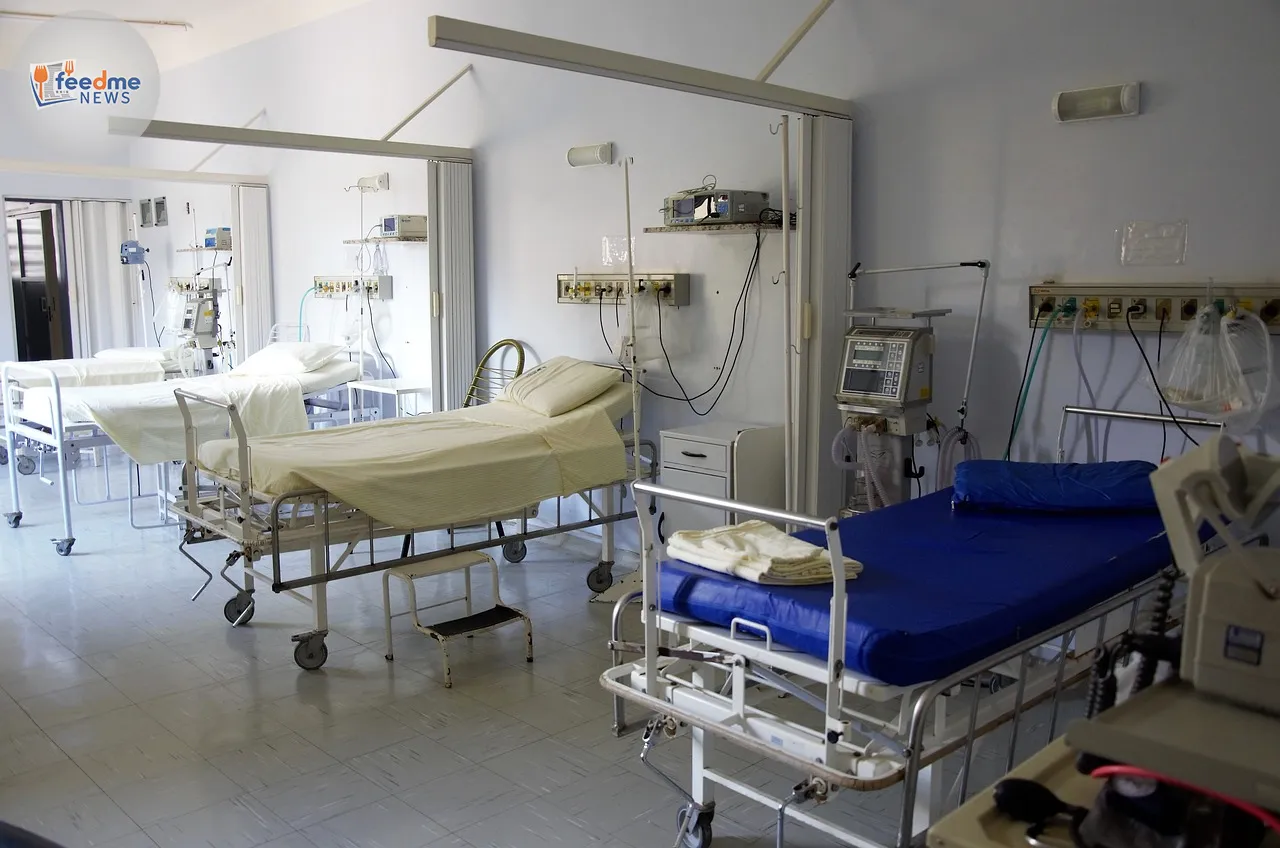A recent study has highlighted the critical role of nursing staff in hospitals, revealing that insufficient numbers of ward nurses are linked to longer hospital stays, higher readmission rates, and an increased risk of patient mortality. Published in BMJ Quality & Safety, the study underscores the long-term implications of nurse shortages on patient outcomes and healthcare costs.
The research, conducted over several years, suggests that the absence of adequate nursing staff not only compromises patient care but also results in higher financial burdens for healthcare systems. This revelation comes at a time when healthcare services worldwide are grappling with staffing challenges exacerbated by the COVID-19 pandemic and other systemic issues.

Study Conducted Over Five Years
The study was conducted over a five-year period, involving multiple hospitals across the UK. Researchers meticulously analysed data from thousands of patient records, focusing on the correlation between nurse staffing levels and patient outcomes. The findings indicate that hospitals with fewer permanent nurses tend to have patients with extended hospital stays. These patients also face a higher likelihood of being readmitted soon after discharge.
Dr. Jane Thompson, the lead researcher, emphasised the importance of adequate nurse staffing. “Our findings clearly demonstrate that nurse shortages directly impact patient care. Hospitals must prioritise hiring and retaining skilled nurses to ensure patient safety and improve health outcomes,” she said.
Impact on Patient Mortality and Readmissions
The study also sheds light on the alarming link between nurse shortages and increased patient mortality rates. Hospitals with insufficient nursing staff witnessed a noticeable rise in patient deaths compared to those with adequate staffing levels. Furthermore, the likelihood of patient readmissions increased significantly in facilities where nursing staff were stretched thin.
Experts warn that these findings should serve as a wake-up call for healthcare policymakers. Dr. Emily Carter, a healthcare analyst, noted, “The data provides compelling evidence that investing in nursing staff is not just a matter of improving patient care but also a cost-effective strategy in the long run.”
Financial Implications for Healthcare Systems
The research highlights the financial strain on healthcare systems resulting from inadequate nurse staffing. Longer hospital stays and higher readmission rates translate into increased healthcare costs, burdening both hospitals and patients. The study estimates that addressing nurse shortages could save millions of pounds annually by reducing the need for extended hospitalisation and repeat treatments.
Healthcare administrators are urged to consider these findings when making budgetary decisions. Investing in permanent nursing staff could mitigate these financial challenges and improve overall healthcare efficiency. “Cost-saving measures should not come at the expense of patient safety and quality care,” Dr. Thompson added.
Nursing Shortages: A Global Challenge
The issue of nurse shortages is not unique to the UK; it is a global challenge affecting healthcare systems worldwide. Factors such as an ageing population, increased demand for healthcare services, and the ongoing effects of the COVID-19 pandemic have exacerbated the problem.
In response to these challenges, some countries have initiated recruitment drives and offered incentives to attract and retain nursing staff. However, experts argue that more comprehensive strategies are needed to address the root causes of nursing shortages, including improving working conditions and offering competitive salaries.
Call to Action for Healthcare Leaders
The findings of this study highlight the urgent need for healthcare leaders to prioritise nursing staff as a critical component of patient care. Policymakers and hospital administrators must work collaboratively to develop sustainable solutions that address the looming nursing crisis.
Dr. Carter emphasised the importance of long-term planning, stating, “Healthcare leaders must recognise that investing in nursing staff is an investment in the future of healthcare. Ensuring adequate staffing levels is essential for delivering high-quality care and improving patient outcomes.”
The study serves as a stark reminder of the vital role nurses play in the healthcare system. As hospitals continue to navigate the challenges of an evolving healthcare landscape, ensuring adequate nurse staffing must remain a top priority.
In summary, the study published in BMJ Quality & Safety provides compelling evidence of the importance of adequate nursing staff in hospitals. It highlights the direct impact of nurse shortages on patient outcomes, hospital costs, and overall healthcare efficiency. As healthcare systems around the world confront the challenge of staffing shortages, the need for strategic investments in nursing personnel becomes increasingly apparent.






